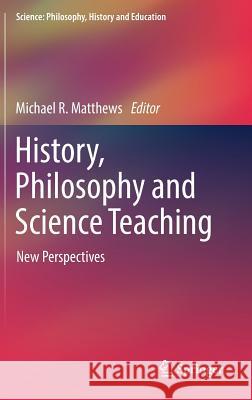History, Philosophy and Science Teaching: New Perspectives » książka
topmenu
History, Philosophy and Science Teaching: New Perspectives
ISBN-13: 9783319626147 / Angielski / Twarda / 2017 / 326 str.
Kategorie:
Kategorie BISAC:
Wydawca:
Springer
Seria wydawnicza:
Język:
Angielski
ISBN-13:
9783319626147
Rok wydania:
2017
Wydanie:
2018
Numer serii:
000789338
Ilość stron:
326
Waga:
0.67 kg
Wymiary:
23.39 x 15.6 x 2.06
Oprawa:
Twarda
Wolumenów:
01
Dodatkowe informacje:
Wydanie ilustrowane











